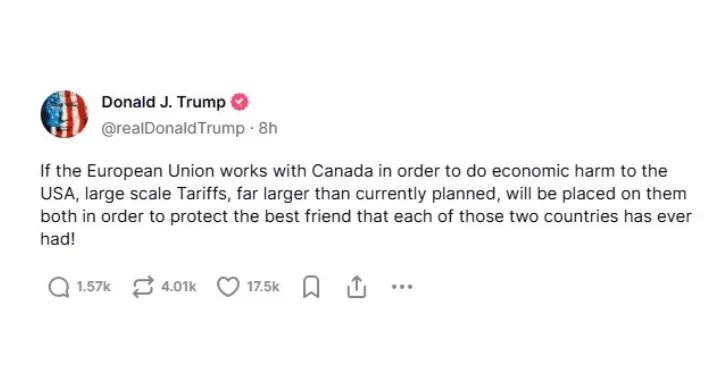In the upcoming week, the stock market is anticipated to be unpredictable. Investors are concerned about how rising interest rates may affect economic expansion. The S&P 500 has lost nearly 10% so far this year.
At its meeting on May 3–4, the Federal Reserve is anticipated to increase interest rates by 50 basis points. Since 2000, the Fed has not increased interest rates this much. In an effort to battle inflation, which has reached a 40-year high, the Fed is boosting interest rates.
In the following week, it is anticipated that oil prices will remain high. The supply of oil has been hampered by the conflict in Ukraine, and demand is still high. Around $100 a barrel is the current price of Brent crude.
There are indications that the housing market is slowing. Recent months have seen a dramatic increase in mortgage rates as well as a slowdown in home sales. Existing house sales down 2.7% in March, according to the National Association of Realtors.
The price of cryptocurrencies fluctuates a lot. From its peak in November, the price of bitcoin has decreased by about 50%. Investors are concerned about the cryptocurrency regulatory landscape.
The Chinese economy is deteriorating. A number of growth-boosting initiatives have been launched by the Chinese government, but it is yet unclear if they will be successful.
The European Union is having trouble coming to a consensus on additional sanctions against Russia. On how to react to Russia’s invasion of Ukraine, the EU is divided. A humanitarian crisis is being brought on by the fighting in Ukraine. There are millions of people who are now homeless, and the possibility of starvation is rising. The world economy is dealing with a lot of difficulties. Interest rates are rising, inflation is soaring, and supply lines are being disrupted by the conflict in Ukraine.
In February, the US trade deficit increased. With an increase of $89.8 billion, the trade deficit reached its highest level since August 2021. The growing trade imbalance indicates that the U.S. economy is still expanding, but it also indicates that the world economy is being impacted by inflation.
In the fourth quarter of 2022, the American economy expanded at an annual pace of 3.5%. Since the second quarter of 2021, growth has been occurring at a slower rate. There are other reasons for the slowdown in growth, including the conflict in Ukraine, rising inflation, and problems with the supply chain.
In March, the unemployment rate in the US dropped to 3.6%. Since February 2020, the jobless rate had not been this low. The fact that the unemployment rate is going down indicates that the US economy is growing at a healthy rate of job creation.
The housing market in the United States is beginning to cool. Recent months have seen a dramatic increase in mortgage rates as well as a slowdown in home sales. Existing house sales down 2.7% in March, according to the National Association of Realtors.
More caution is being shown by investors. They are concerned about how these difficulties would affect the world economy.





